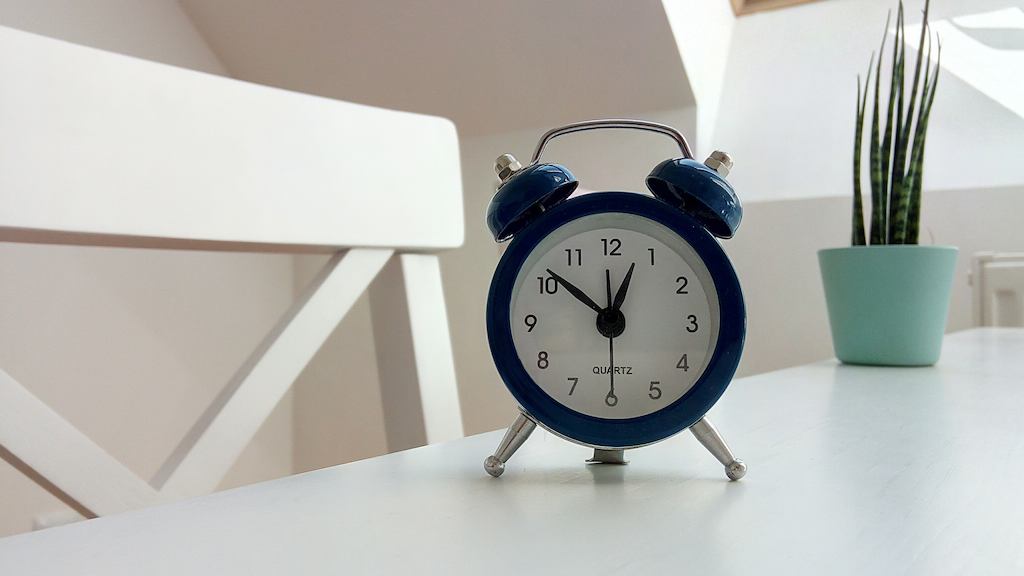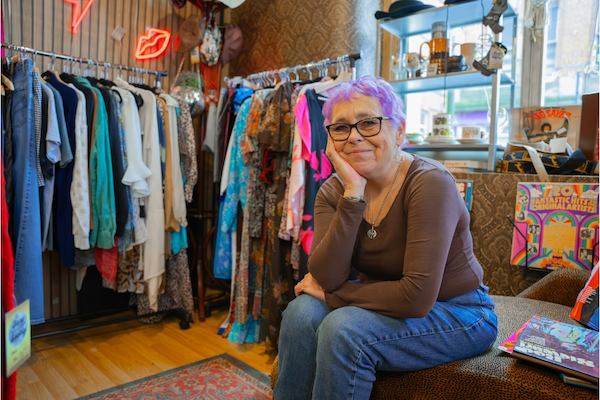But while the ‘rules’ on ageing are particularly unfair for women, ageism is of course harmful for everyone. Why do a person’s value, skills and experiences apparently become invalid at a certain point in time, just because they have reached a particular age?
In media, older people are frequently reduced to ageist stereotypes (like ‘rich boomers’, or the ‘vulnerable elderly’). In advertising, over 50s are largely absent – at least from the marketing of everyday products and the industry could even be described as ‘anti-ageing’. Indeed, where we do see older people in ads for ‘age-specific’ products, enveloped in beige, passive and sipping tea, they reinforce a terribly outdated notion of what it means to be in your 60s, 70s, 80s and beyond. No surprise, then, that our research with Ipsos MORI showed that across the world, only three in ten (31%) believe TV, film and advertising make old age seem exciting and full of potential, with nearly as many believing it makes old age seem depressing with limited opportunities (29%).
Of course, these representations are nonsense when you alone consider the consumer power of this group – over 50s are now responsible for half of all consumer spending. Why isn’t this group at the heart of marketing strategies the land over?
The problem is that while we’re all growing older, on average, we just haven't woken up to the opportunities that those longer lives offer us and society. We haven’t shifted our thinking about ageing, and this is reflected in our societal structures and institutions. Instead, the way we think and feel about ageing is based on a range of misperceptions and stereotypes – and we’re constantly having those reinforced by the things we read, see and hear in the media, on our screens, and even in political discourse.
Something needs to change. Society and, in particular, our creative and cultural industries need to catch up. They can start by thinking about the age diversity of their workforces which in some sectors is notoriously young. We need for media to refrain from characterising older people as incompetent, elderly and frail, and from stoking intergenerational tension. Instead, we are crying out for greater and more realistic representation of the huge diversity of people and experiences that exist in society – at all ages.
Ultimately, we need a fundamental culture shift on ageing, to overturn this culture of pity and dislike towards older people and ageing, which continues to be cultivated in many realms of public life. This ingrained ageism has a profound effect on our self-esteem, our ambitions for the future, and the way we experience day-to-day life. It affects our ability to get and retain jobs, and our access to healthcare. The responses to the COVID-19 crisis show the devastating result of viewing older lives as less valuable than the young, where even the Prime Minister was alleged to have said that the disease was 'only killing 80 year olds’.
Let’s hope that the appointment of Anne Robinson on one of our best loved TV shows is a sign that attitudes are slowly but surely shifting. And here’s looking forward to seeing many more brilliant women over 50 on our screens.


